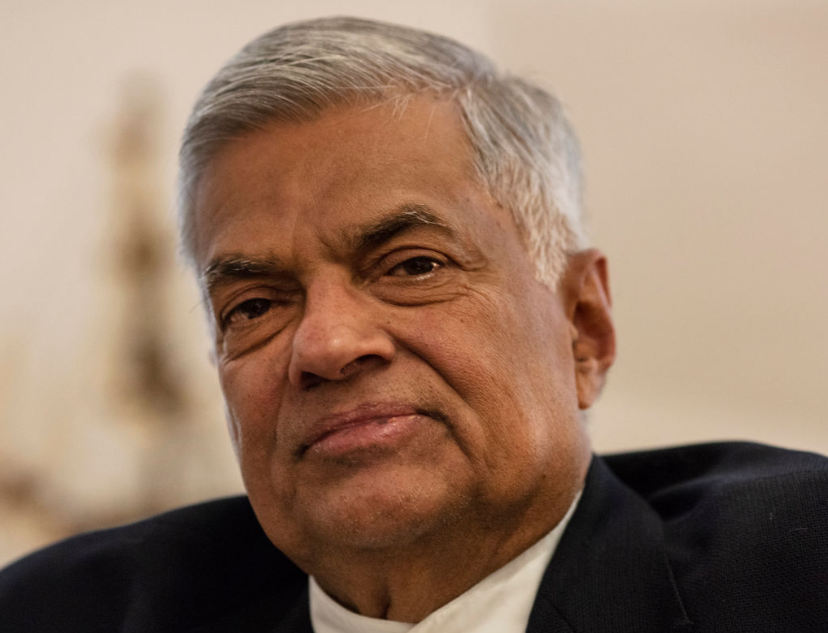
The acting president of Sri Lanka, Ranil Wickremesinghe, ordered the region to be placed on a state of emergency on Sunday ahead of the parliament vote amid continuous protests.
The decision comes as beleaguered leaders previously imposed states of emergency several times since April. It was at the time when public protests were held against the government's handling of a deepening economic crisis and a persistent shortage of necessities.
Sri Lanka's State of Emergency
The notification stated, "It is expedient, so to do, in the interests of public security, the protection of public order, and the maintenance of supplies and services essential to the life of the community." Wickremesinghe announced a statement of emergency last week after former President Gotabaya Rajapaksa fled to Singapore following being forced to resign.
Late on Sunday, the acting Sri Lanka president declared a new state of emergency, the specific legal provisions of which are yet to be announced by the government. Previous implementations have been used to deploy the military to arrest and detain residents, search private property, and dampen public protests, as per Reuters.
Sri Lanka's commercial capital Colombo remained calm on Monday morning, with traffic and pedestrians seen on the streets. A senior researcher at the Centre for Policy Alternatives, Bhavani Fonseka, said that declaring a state of emergency was becoming the government's default response to rising chaos, arguing that it has been proven ineffective in the past.
Read Also: Sri Lanka Crisis: Voting for New President Set After Gotabaya Rajapaksa Resigns via Email
The situation comes after Rajapaksa fled the country last week after hundreds and thousands of anti-government protesters came out onto the streets of the nation's capital a week ago and occupied his official residence and office.
According to The Guardian, it remains unclear whether the previous order had been withdrawn or had lapsed, or whether Wickremesinghe had reissued the order in his capacity as acting president. A spokesperson for the acting president's office did not respond to questions or comments.
Economic Crisis
On Friday, parliament accepted Rajapaksa's resignation and they met on Saturday to begin the process of electing a new president, and a shipment of fuel arrived to provide some relief to the crisis-hit nation. Wickremesinghe, who is known to be an ally of the ousted former president, was nominated by the ruling party as its candidate to be the next president of Sri Lanka.
However, protesters also demand him to be gone from the position, leading to the prospect of further unrest should he be elected as the new president. Wickremesinghe's appointment as interim president was met with anger and frustration on the streets of Colombo.
The official, who has become the prime minister of Sri Lanka six times already, stands accused of protecting and propping up the Rajapaksa family dynasty for several years. He is thought to have shielded them from corruption charges and enabled their return to power.
Sri Lanka's crisis includes running short of money to pay for imports of basic necessities such as food, fertilizer, medicine, and fuel for its roughly 22 million people. The rapidly declining economy has become even more of a threat because prior to the crisis, the economy had been expanding, with a growing, comfortable middle class, the Associated Press reported.
Related Article:
Sri Lanka Crisis: Who Will Be the Country's Next President After Gotabaya Rajapaksa's Resignation?
© 2025 HNGN, All rights reserved. Do not reproduce without permission.








